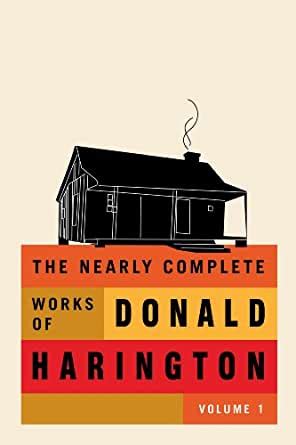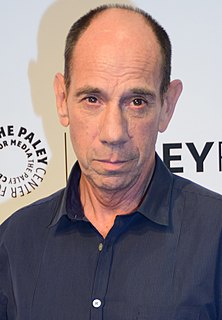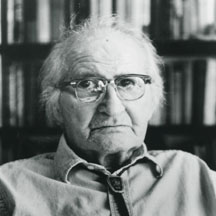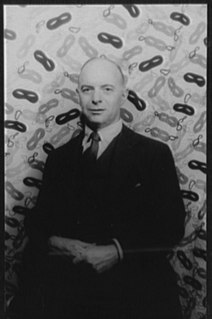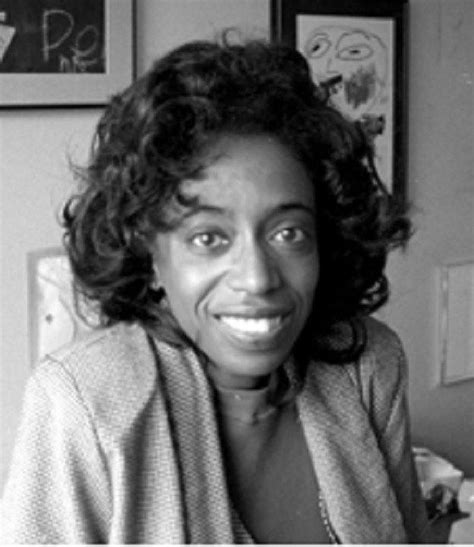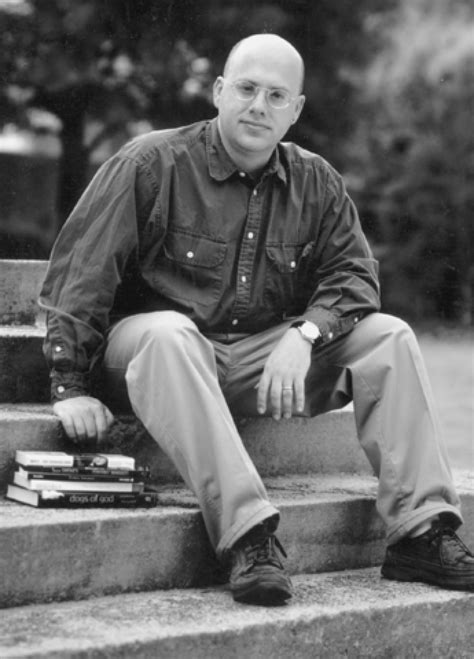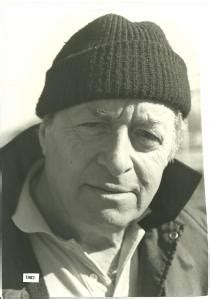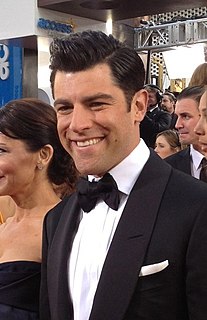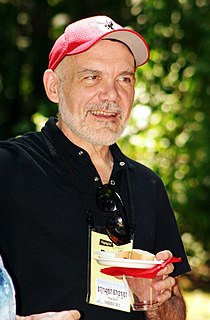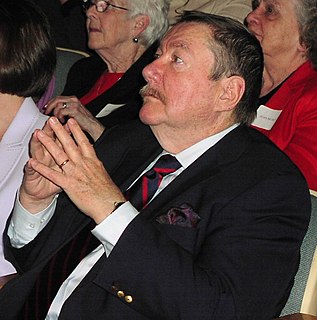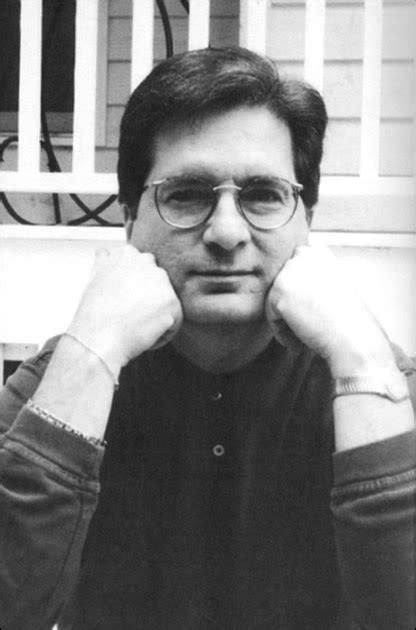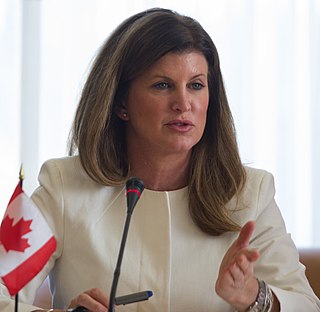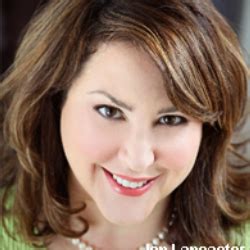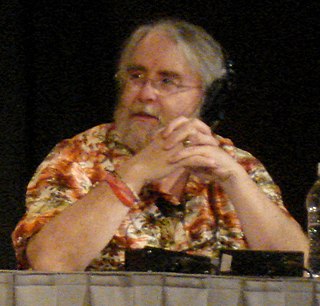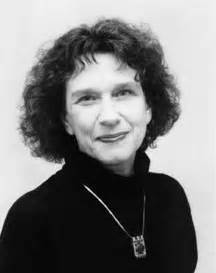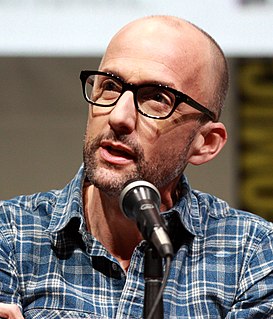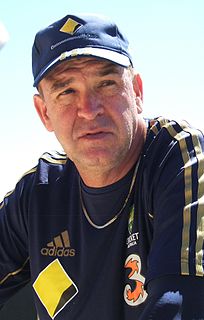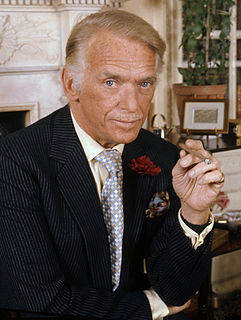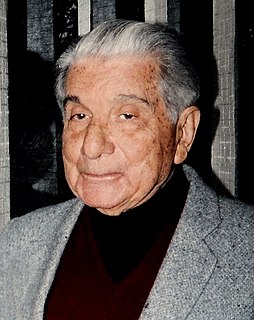Top 1200 Professional Writer Quotes & Sayings - Page 14
Explore popular Professional Writer quotes.
Last updated on December 19, 2024.
Detach the writer from the milieu where he has experienced his greatest sense of belonging, and you have created a discontinuity within his personality, a short circuit in his identity. The result is his originality, his creativity comes to an end. He becomes the one-book novelist or the one-trilogy writer.
I didn't do anything as active as deciding that I wanted to be a writer. For one thing, I didn't feel like I was the final authority on whether or not I was anything like a writer. (I'm a timid soul.) I just kept writing stories, because becoming a veterinarian seemed as if it involved too much dissection.
All anyone agreed on was that Kurban Said was the pen name of a writer who had probably come from Baku, an oil city in the Caucasus, and that he was either a nationalist poet who was killed in the Gulags or the dilettante son of an oil millionaire or a Viennese cafe-society writer who died after stabbing himself in the foot.
The only valid reason to use clichés is in the speech of a character. Cliches are indications of sloppy writing. The writer does not respect the scene he is trying to dramatize enough to fashion it through precise prose and imaginative imagery. From the book Dare to be a Great Writer: 329 Keys to Powerful Fiction by
The dream, I think, with any project is it starts with an idea, and then somebody writes it, and the writer hopes that a director comes on and makes this piece of material visual, and both the director and writer hope that they can have actors come in and bring something to it that neither one of them expected, elevating it along the way.
Things have changed in Latin America now. We mostly have democratic governments in Latin America, so the position of the writer has changed. It is not as Neruda used to say, that a Latin American writer walks around with the body of his people on his back. Now, we have citizens, we have public means of expression, political parties, congress, unions. So, the writer's position has changed, we now consider ourselves to be citizens - not spokespeople for everybody - but citizens that participate in the political and social process of the country.
I continue to hear concerns from health professional organizations that dried marijuana is not an approved drug or medicine in Canada. They want clearer guidance on safety and effectiveness and want authorizations to be monitored. That is why I asked Health Canada to consult with provincial and territorial regulatory bodies, companies licensed to produce marijuana and other professional organizations to enhance information-sharing on how doctors and nurse practitioners are authorizing the use of marijuana.
By this point, it was clear she wasn't interested in continuing the relationship. What publication on earth would continue a relationship with a writer who would refuse to discuss her work with her editors? What publication would continue to publish a writer who attacked it on TV? What publication would continue to publish a writer who lied about it - on TV and to a Washington Post reporter? ... It's true: Ann is fearless, in person and in her writing. But fearlessness isn't an excuse for crappy writing or crappier behavior.
If you want to be a fiction writer, you need to start reading like a fiction writer. To do so, you need to learn about craft so that the next time you pick up a contemporary short story, you're reading it not as an abstraction floating in formaldehyde, existing simply for the theorist's dull scalpel to saw on, but as a concrete thing constructed out of words and shaped by syntax, brought to life by a writer who made several thousand choices, some large, some small, before letting that imperfect beauty, the story, walk on its own two feet.
I majored in journalism at Arizona State University, where I began writing the columns I write now, but I cannot, in good conscience, refer to myself as a writer. I'm a columnist, maybe a journalist, I guess I'm an author, but writer... no. That's not up to me to call myself, that's rather lofty. It's for the reader to decide.
Right now in American writing there is no genre as exciting as memoir - the writer can do anything, as long as it works. It's like the 1920s up in this joint. So, I'd say, experiment with how you tell the story. In the best memoir it's not the what, it's how the writer tells the what - meaning and effect through form.
There's a certain grain of stupidity that the writer of fiction can hardly do without, and this is the quality of having to stare, of not getting the point at once. The longer you look at one object, the more of the world you see in it; and it's well to remember that the serious fiction writer always writes about the whole world.
Limited points of view let the writer dispense - and the reader gather - information from various corners of the story. It all becomes a kind of dance, with the writer guiding the reader through the various twists and turns. The challenge is keeping readers in step, while still managing to surprise.
There were epochs in the history of humanity in which the writer was a sacred person. He wrote the sacred books, universal books, the codes, the epic, the oracles. Sentences inscribed on the walls of the crypts; examples in the portals of the temples. But in those times the writer was not an individual alone; he was the people.
